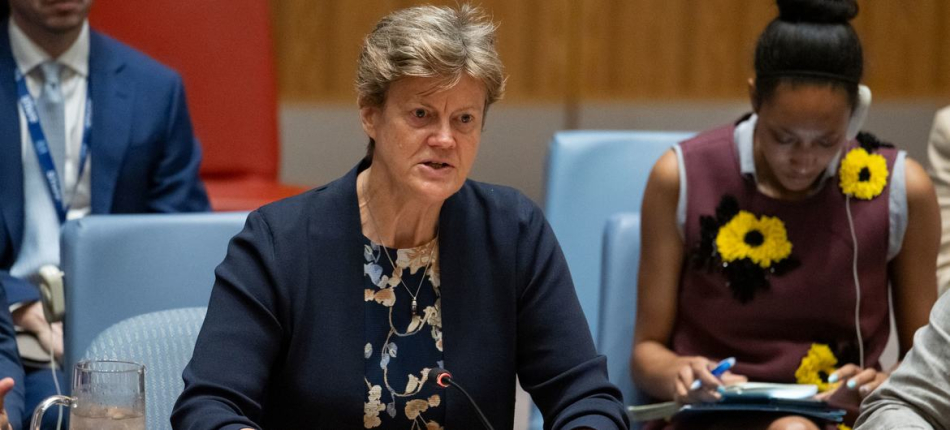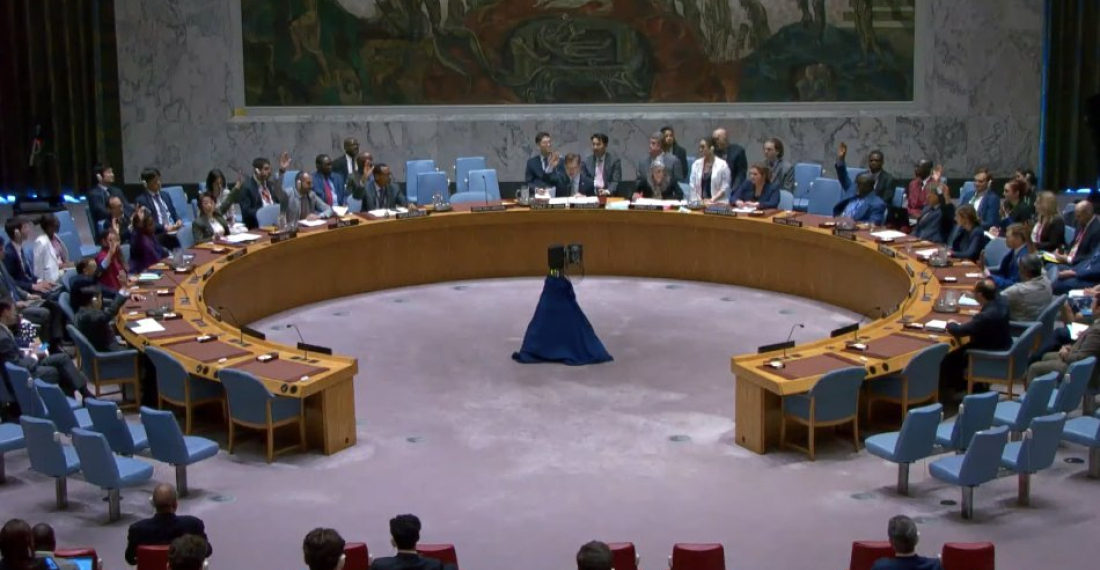The UN Security Council, at the initiative of the United Kingdom, recently adopted a resolution on Thursday (13 June) calling for an immediate end to the siege of Al Fasher, the capital of Sudan's North Darfur state. The city, some 800 kilometres west of Khartoum, remains a key conflict zone as it is the last major western city not yet in the hands of the Rapid Support Forces (RSF).
The RSF, a former elite unit made up of ethnic Arab militias and once part of the regime of dictator Omar Hassan al Bashir, is now led by General Mohamed Hamdan “Hemedti” Dagalo. Daglo, a military leader and wealthy businessman from Darfur, plays a central role in the current power struggle in Sudan. The violence has killed at least 14,000 people and displaced more than 10 million others, according to UN estimates.

The warring sides were also requested to “allow and facilitate the rapid, safe, unhindered and sustained passage of humanitarian relief for civilians in need, including by removing bureaucratic and other impediments”.
Woodward described the situation in Sudan as desperate, noting that humanitarian needs are severe. She said the resolution calls for the Sudanese authorities to increase cooperation with UN agencies and to urgently reopen the Adre border with Chad in efforts to scale-up humanitarian assistance.
“In this regard, the resolution urges the international community to increase their support and fulfill existing pledges,” she added.
The resolution stressed the need for all parties, including RSF and the Sudanese Armed Forces led by General Abdel Fattah al Burhan, to cease fighting and engage in dialogue to de-escalate the crisis. The international community, with the exception of Russia, which abstained, showed broad support for the resolution, which also calls for the removal of obstacles to humanitarian access and the safe exit of civilians from el-Fasher.







